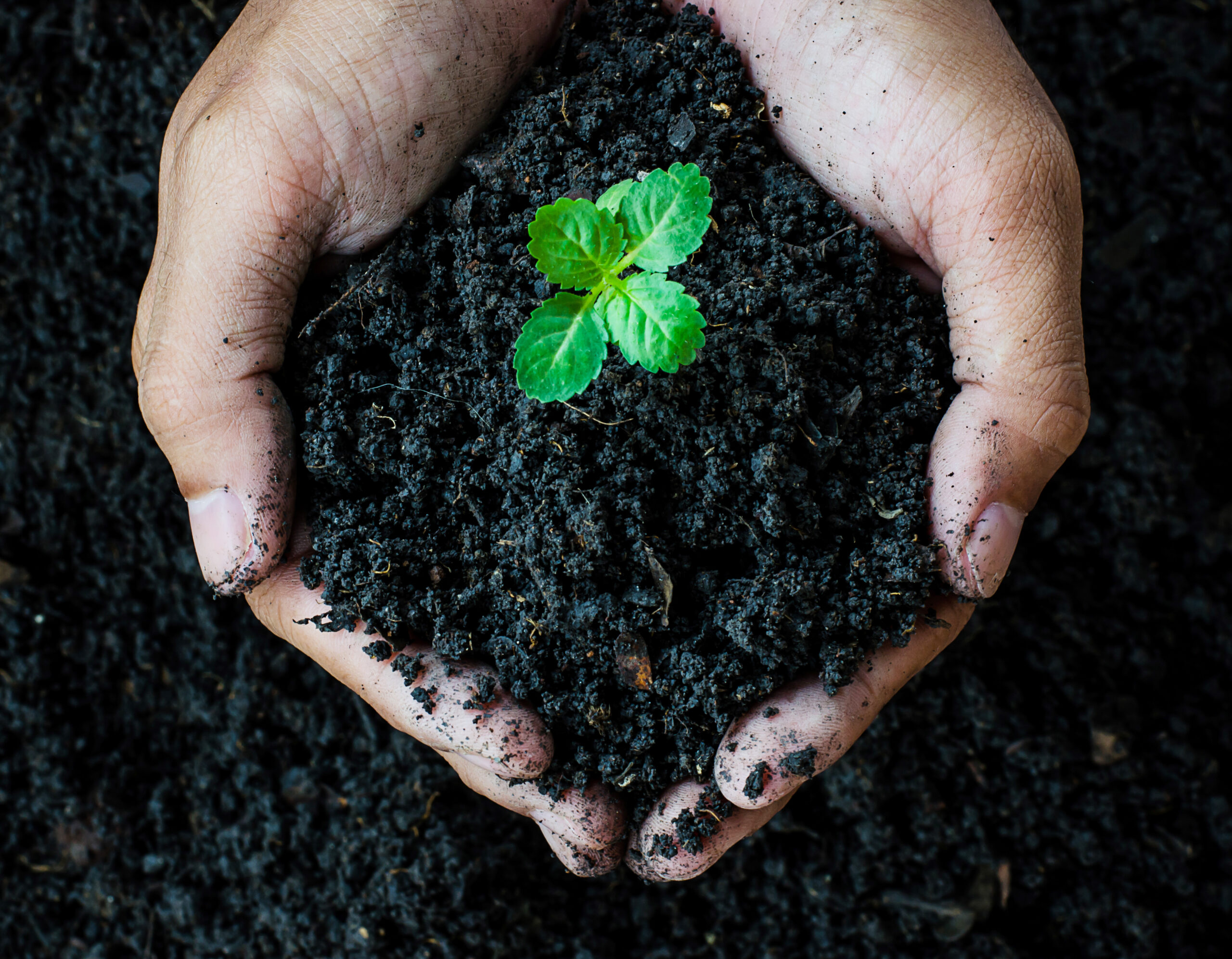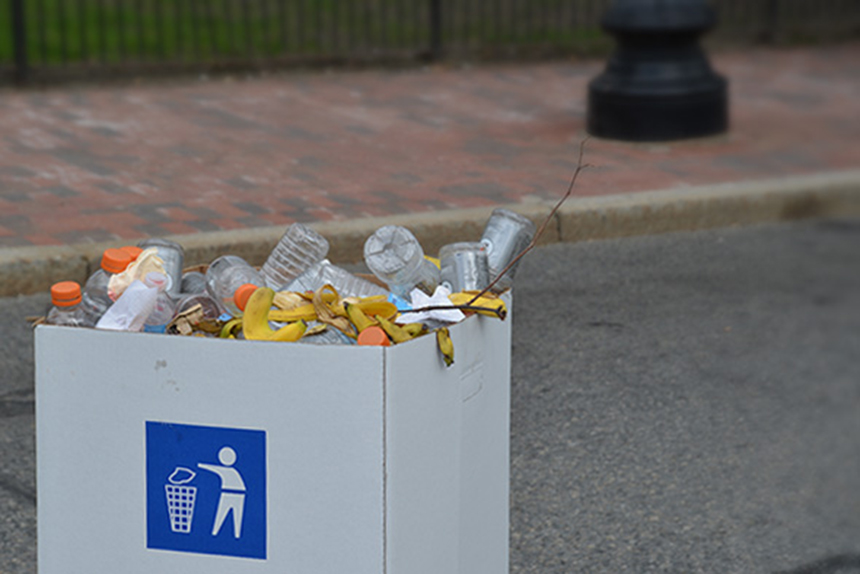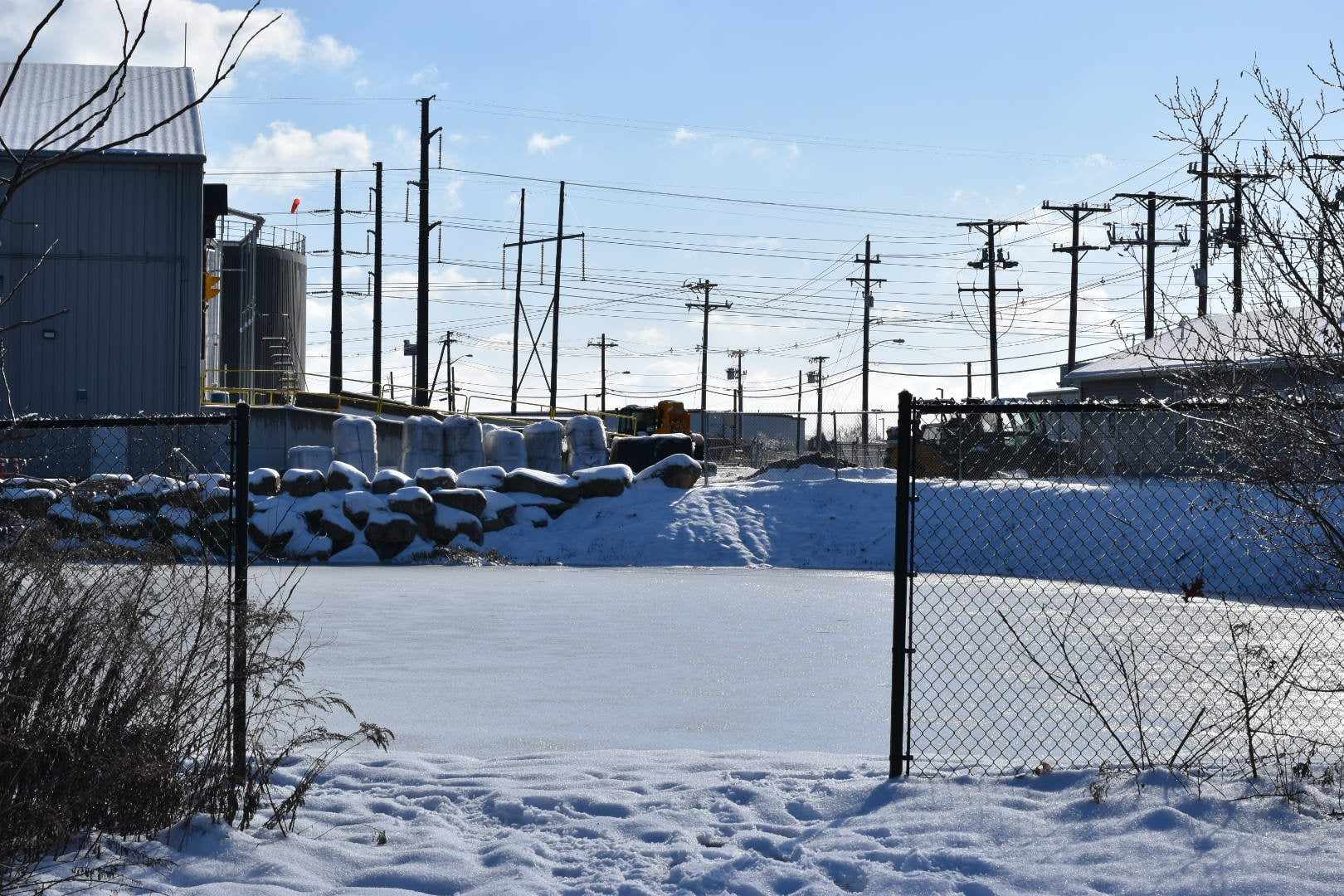Compost Takes Time, or It’s Nothing But Horsesh*t
March 20, 2010
PROVIDENCE — Time makes good compost, according to at least one local land steward, who recommends disregarding the hype of impatient gardeners who say otherwise.
“Quick compost is a fallacy,” Rich Pederson, the steward of the Southside Community Land Trust’s City Farm, recently told an audience of compost enthusiasts who had gathered at AS220 on Empire Street to listen to the longtime farmer and his composting colleague Greg Gerritt talk about the art of turning food/yard waste into nutrient-rich natural fertilizer. “Don’t buy it. Don’t believe it. It’s crap.”
One suspects Pederson meant both the myth and unaged compost were worthless. He said it takes at least a year to make what many gardeners and farmers call “black gold.”
Pederson uses food waste, yard debris, horse manure from the Roger Williams University stables and coffee grounds he collects twice a week from the coffee shop White Electric to create the compost spread on City Farm’s soil, which he called the “soul” of the three-quarter-acre farm.
He’s less than thrilled that about 25 percent of the material buried at the Central Landfill in Johnston is food scraps and yard waste that could be used to grow food.
“During World War Two 40 percent of the food grown in this country was grown in Victory Gardens,” Pederson said. “Good gardens start with good compost.”
Gerritt is spearheading a movement to remove food waste from the Ocean State’s trash stream and use it to create organic soil rich in nutrients. To do that Gerritt is working with various stakeholders in developing a statewide curbside composting program, especially one that collects food waste from restaurants and universities.
Such a system likely would require developing various, and expensive, compost facilities around the state. “We don’t want to be creating transportation pollution by trucking this waste all across the state,” said Gerritt, a member of the Environment Council of Rhode Island. “We’ll need many compost facilities in order to keep it local to grow local food.”
Gerritt said the various organizations involved in developing a municipal and/or statewide composting system should have a complete business plan done in the next six months. He predicted that in the next year and a half “things will happen.”
“Composting is an idea whose time as come,” he said. “We need to rebuild our soil and keep our food waste out of the landfill. We have to have compost if we want to continue feeding people.”
Categories
Join the Discussion
View CommentsYour support keeps our reporters on the environmental beat.
Reader support is at the core of our nonprofit news model. Together, we can keep the environment in the headlines.
We use cookies to improve your experience and deliver personalized content. View Cookie Settings



